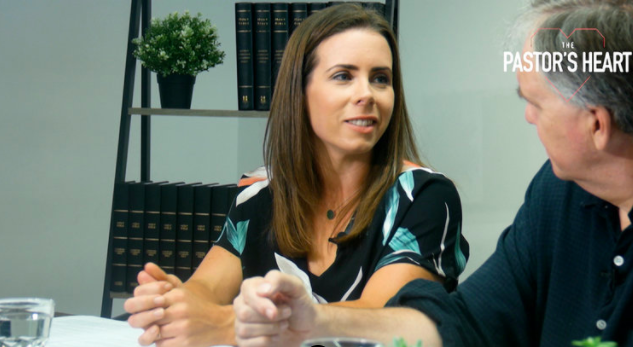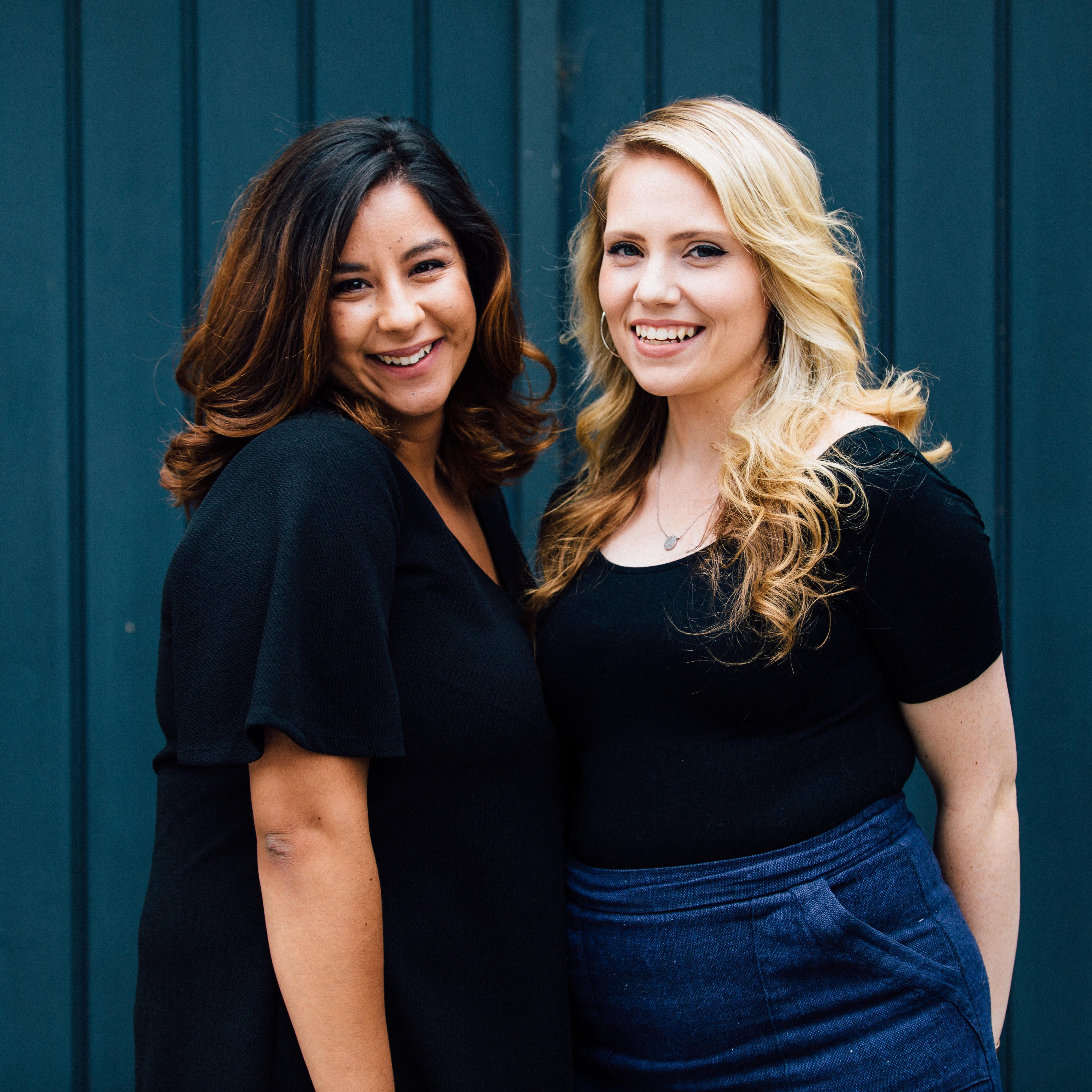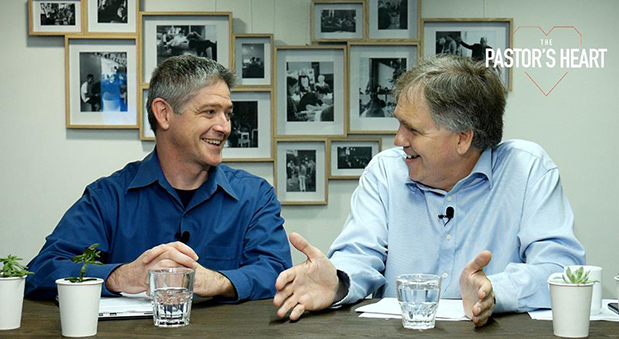TL:DR, or “Too Long: Didn’t Read”, refers to how the way we consume content on the internet is speeding up. Facebook users, on average, spend one to three seconds on each post, deciding whether or not to fully engage with it. The average recommended blog length is somewhere between 500 words and 750. TL:DR is often written at the top of a post. In case a reader chooses not to engage with the whole thing, they can grab the salient details in seconds.
Although people are increasing the amount of time they spend online, they are engaging in a superficial way with the content they consume.
Long-form writing doesn't work for blogs
There are online platforms growing to meet that need. However, as Tom Habib – the assistant minister at Yagoona – points out, most online content is unable to go deep into God’s word.
“Online platforms are not designed for deep thinking that go beyond,” he says, citing things such as “Top 5 Tips” and “quick 1000-word reflections” as examples. With mobile internet usage on the increase, there physically isn’t enough room on our screens to fit in the more extensive articles. A majority of video viewers on Facebook don’t make it past the 10-second mark.
This leads to a culture of inspirational quotes, small grabs that are taken out of context, and a generation which is not in the practice of engaging deeply with God’s word.
Podcasts are different
We are in the middle of a second wave of podcasting. Podcasts first became popular in in the early 2000s, but there was a renaissance in 2013 with the introduction of the podcast Serial. Since then, thousands of podcasts have been created, including some from our pastors.
Thirty per cent of Australians have listened to a podcast in the past year. As a medium it has grown 100 per cent in the past 12 months and will continue to grow.
“Unlike blogs, podcasts allow you to create long-form content and still maintain people’s attention,” Habib says. “This makes it an excellent medium for going deep into God’s word.”
Habib says his podcast The Word Grows works particularly well for young mums, who might miss out on hearing a sermon on Sunday but can easily listen to a podcast during the week.
“People are really happy to listen to an hour-long podcast on the train or during a workout.”
“God’s word is amazing – and the moment that you delve deep into the Word you are always surprised by how much you grow!” - Tom Habib
Dominic Steele from Village Church Annandale had similar reflections. He has recently started a live video podcast called The Pastor’s Heart, saying there were only a few vehicles for Christian content, and that none of them specifically had equipping a pastor as their aim.
“I want there to be a place where pastors will be encouraged in the job they are doing and to stand boldly” he says.

“I wanted to work out how to, as I thought of good things and help others, and also talk to people to help me do the job better.”
Each week, Steele interviews a guest on a particular area of ministry and about their heart, thinking that if he wants to learn from them, other people will find it helpful, too. The Pastor’s Heart is an interview show which goes live on Facebook every Tuesday at 2pm, and is then later uploaded onto vimeo and podcast streaming services. Steele says by doing a live show he is ensuring everything is done in one take, which allows editing to be much simpler. In his aim to be a blessing to senior pastors across Australia, he has seen an average of 2000 views an episode.
It’s not just ministers
Moore College students Andrea Abey and Polly Butterworth have also chosen to make a podcast, focusing on the untold stories of contemporary and historical women. What She Said aims to provide helpful and enlightening conversations, to encourage and equip people in their Christian walk.

“We've found this medium for us to speak and to be free from those constraints or things that make a conversation difficult,” Abey says. The pair see a lack of empathy as one of the key issues facing society and stopping different people groups from listening to each other, and have structured their podcast as a conversation, where they listen and discuss different views.
“We want to have a discussion, and for the way we talk about issues to be a teaching point in and of itself,” Butterworth says, pointing to their recent episode about polyamory as an example.
“We don't position ourselves as experts, we position ourselves as two women who have the truth and are trying to find out what that looks like in our lives. This helps the listener to feel their way through the topic or the issue in a way that is a clear judgement.”
Tori Walker is another example of a Christian woman excited about the conversational aspects of podcasting. She says with The Lydia Project, she has created the podcast she would have loved to have listened to if it had existed.
“I love listening to podcasts myself” she says, “I just found myself super excited when the person I was listening to being interviewed was a Christian, when they talked about how their faith impacted the decisions that they made.”
Tori uses four basic questions to structure her conversations with Christian women.
- How did you come to faith?
- What ministry are you involved in?
- What is impacting your life at the moment?
- What is keeping you going as a Christian at the moment?
“Everybody has a really interesting story to tell,” she says. “I'm encouraged by hearing about how every person has come to faith in Christ, and how they are trying to stick at it and stand firm.”


























